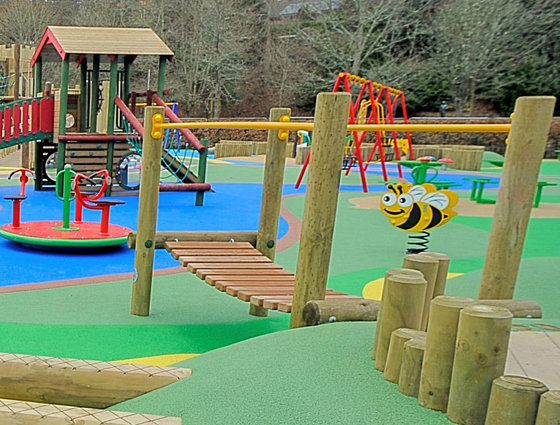Play Ground
Today's schools are not only tasked with preparing children for their future careers, but also teaching essential life skills, habits and attitudes that will help them successfully navigate adulthood. To do this and provide the best learning experience for students requires both indoor instruction and outdoor physical activity.
While kids explore school playgrounds they are building important life skills that will eventually help children become effective thinkers, leaders and collaborators. Unfortunately, play is under scrutiny as school administrators, teachers and parents feel pressure for children to "perform" academically and spend more time in classroom instruction. And with the prevalence of electronics and the amount of screen time children are receiving each day, recess and free play on a playground are more important than ever.
Creating an environment where children can experience unstructured play, you're not only supporting their physical health but also increasing their chances to succeed in the classroom. Kids pay more attention to academic tasks when they are given frequent, brief opportunities for free play. Recess can also have a calming effect helping with disciplinary issues and impulse control.
It might look like just play, but when kids are active and running around a playground they are building critical developmental skills. Playgrounds provide the opportunity for children to practice skills that will ultimately play a role in adult competencies such as the ability to collaborate with others, develop decision making skills, and successfully take on leadership roles, persevere in the face of distractions, and generate creative ideas.
